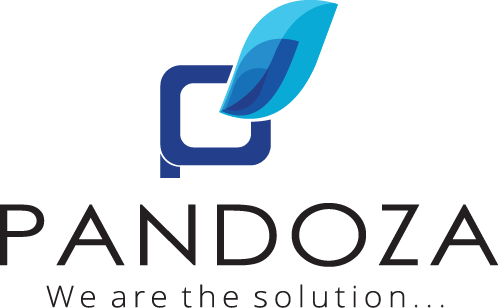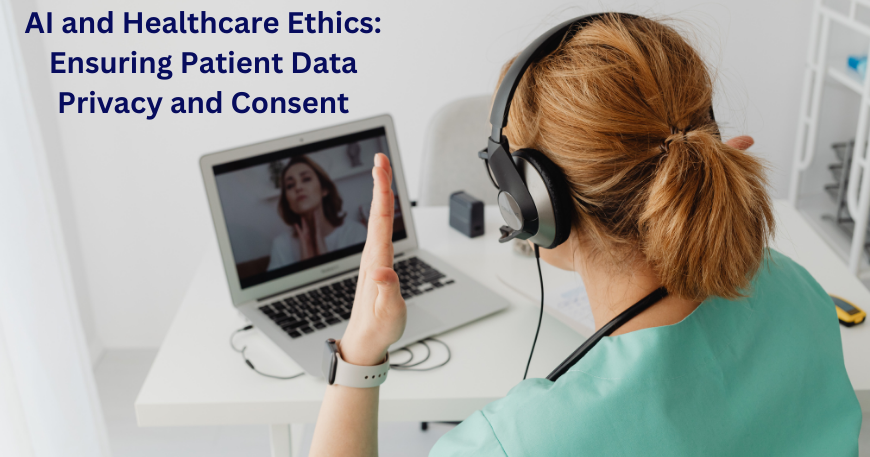Artificial Intelligence (AI), when applied to a machine or software, can simulate intelligent human behaviour, instantaneous calculations, problem-solving, and evaluation of new Data based on previously assessed data. AI greatly influences many industries and fields, including autonomous vehicles, manufacturing and production, analytics, sports fashion and activities, healthcare, agriculture, farming and the medical system. This technology has the power to impact the industry’s future and human beings, but it is a double-edged sword. AI
applications in healthcare have changed the medical field, including laboratory diagnosis imaging, Electronic medical records (EMR), new drug discovery treatment, augmenting the Intelligence of the physicians, biological providing preventive and precision medicine, speed up Processes, physical extensive data analysis, data storage and access for health organizations. However, this field faces various ethical and legal challenges. Despite tremendous progress in AI, it is not accessible to all societies. Many low-income and developing countries do not have access to the new technologies.
It should be noted that ethical dilemmas, social gaps, informed Consent, privacy and data protection, medical consultation and sympathy are various challenges in using AI. Therefore, before integrating artificial Intelligence with the healthcare
System, practitioners and specialists should consider all medical ethics principles. For privacy and data protection, The European Union (EU) first enacted the General Data Protection Regulation (GDPRR). The EU introduced the General Data Regulation (GDPR). It amended the Privacy Legislation in other countries, such as the US and Canada. According to these regulations, all personal data and the activities of foreign communities and companies are processed by the union-based data processor or controller to protect the information of natural persons with sufficient protection.
The role of AI in healthcare is to analyze consumer health data and medical device images, improve diagnoses and outcomes, and play a helpful role in Key challenges in AI healthcare applications, including ethical considerations, data privacy, informed consent, social inequalities, medical communication, empathy, and sympathy. Practitioners and specialists need to adhere to medical ethics principles, including autonomy, beneficence, nonmaleficence, and justice in all healthcare aspects.
Privacy and Data Protection:AI analyzes health data and medical images, for improving diagnoses and accelerating health research. However, concerns about data security persist.
- More Robust Privacy Laws Needed: Current regulations may not adequately protect health data.
- Data Security Risks: Clinical data collected by AI systems can be vulnerable to hacking, posing privacy and security risks.
- Unconsented Data Usage: Some social networks and genetic testing companies collect and exploit user data without explicit consent.
Informed Consent: Informed consent processes in healthcare, including decision capacity, documentation, and ethical disclosure, have become more complex with the integration of AI. Patients have the right to be informed about their diagnoses, treatment options, costs, etc.
Relevant medical information.
- Right to Information: All individuals should have access to information and the ability to make informed decisions about their healthcare.
- Transparency in AI: Patients need to understand AI’s role in their treatment, including Potential risks and benefits.
- Accountability: Patients have the right to know who is responsible when AI-based
Medical devices fail or make errors.
Social Gaps and Justice: AI advancements can exacerbate social inequality by displacing jobs and creating economic disparities. Automation in various sectors, including healthcare, poses challenges to job opportunities.
- Economic Disparities: Automation widens the gap between developing and advanced Countries.Job Displacement: Many traditional jobs may need to be recovered as AI technologies advance.
- Impact on Healthcare Workers: The rise of robotic systems in healthcare may threaten The job security of healthcare professionals.
Medical Consultation, Empathy, and Sympathy: The integration of AI into healthcare raises questions about the role of human emotions in medical care. Patients expect empathy and Integrating Artificial Intelligence (AI) has become a transformative force in the rapidly evolving healthcare landscape. While AI is promising to improve medical diagnoses, treatment outcomes, and patient care, it also brings significant ethical and legal challenges, particularly in patient data privacy.
Healthcare Ethics and AI: As AI technologies advance, healthcare ethics are at the forefront of discussions. Ensuring the ethical use of AI in medicine is paramount to maintaining trust and safeguarding patient rights. Practitioners and specialists must adhere to established healthcare ethics principles, including autonomy, beneficence, nonmaleficence, and justice, throughout the application of AI in healthcare.
Patient Data Privacy and AI: One of the foremost concerns in integrating AI in healthcare is the protection of patient data privacy. Healthcare organizations and AI developers must
Implement robust measures to ensure that patient data remains confidential and secure. This is essential to comply with existing privacy regulations and build trust with patients.
Legal Challenges of AI in Healthcare: The legal landscape surrounding AI in healthcare is intricate and constantly evolving. Laws and regulations must adapt to address the unique challenges AI technologies pose. For example, the European Union’s General Data Protection Regulation (GDPR) and the Genetic Information Non-discrimination Act (GINA) in the United States have set stringent standards for data privacy in healthcare.
Balancing Health Data for Safe and Ethical AI: Balancing the need for access to health data for AI-driven advancements with the imperative of protecting patient privacy is a delicate task. Healthcare organizations must strike the right balance to harness the power of AI while respecting patient rights. This balance involves robust data anonymization, encryption, and access control mechanisms.
AI Privacy Issue Examples: Real-world examples illustrate the privacy challenges in AI-driven healthcare:
- Unconsented Data Usage: Some social media platforms and genetic testing companies
- Have faced criticism for collecting and utilizing user data without explicit consent. These
- Privacy breaches highlight the need for stronger regulations.
- Data Security Risks: Clinical data collected and analyzed by AI systems can be vulnerable
- To hacking, putting patient data at risk. Ensuring data security is paramount to protecting
- patient privacy.
Safe and Ethical AI for Health: Developing and deploying AI technologies in healthcare should prioritize safety and ethics. Incorporating transparent decision-making processes, ethical data handling practices, and comprehensive risk assessments into AI development is essential.
Conclusion: AI’s integration into healthcare brings both promise and complexity. To stop the ethical and legal issues associated with AI in medicine, healthcare professionals, policymakers, and AI developers must work collaboratively to ensure that patient data privacy is protected, healthcare ethics are upheld, and the potential of AI is harnessed for the betterment of patient care and medical advancements. By creating a balance, it can be ensured that AI’s safe and ethical use in healthcare is possible while preserving patient trust and privacy.






